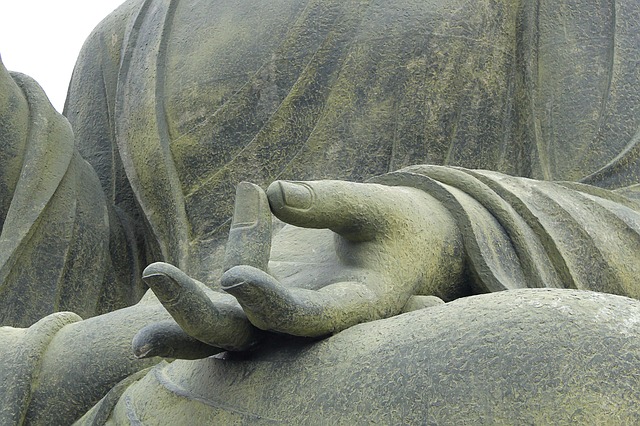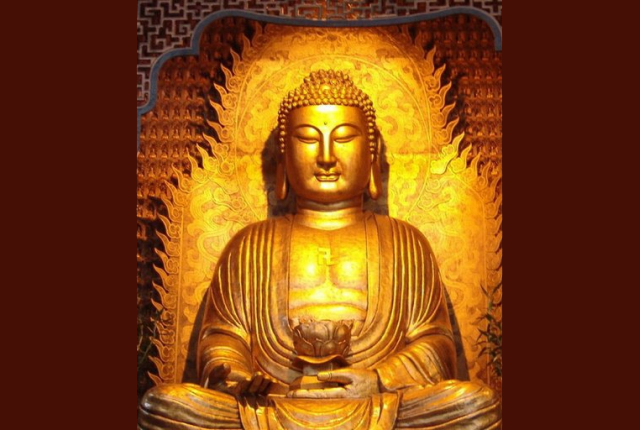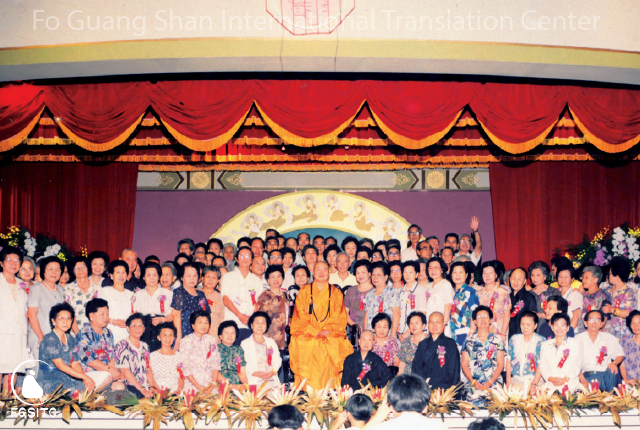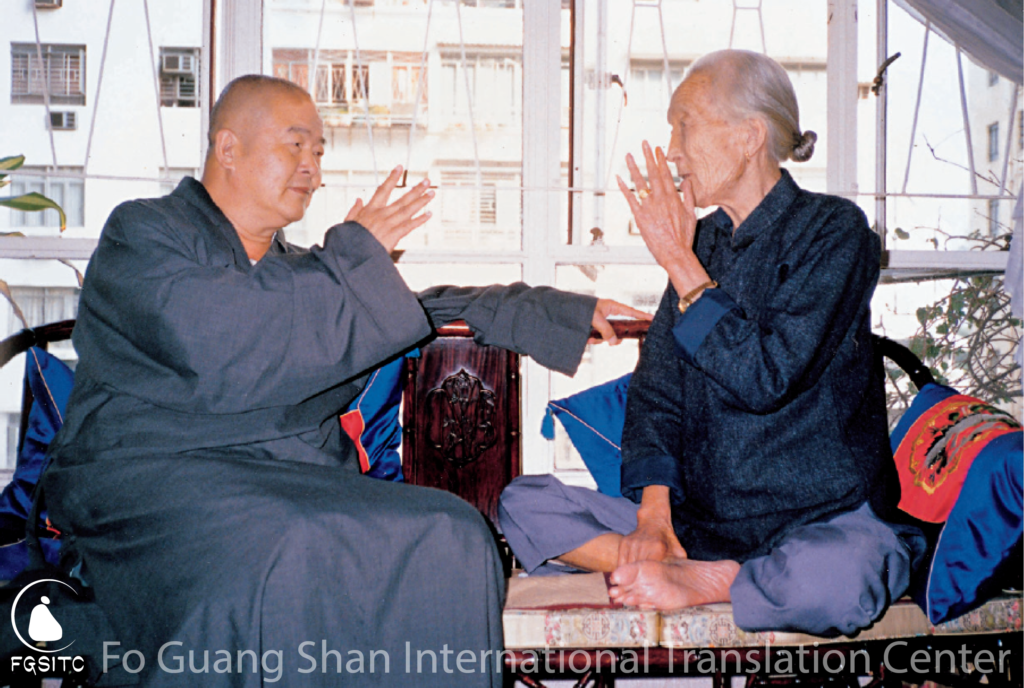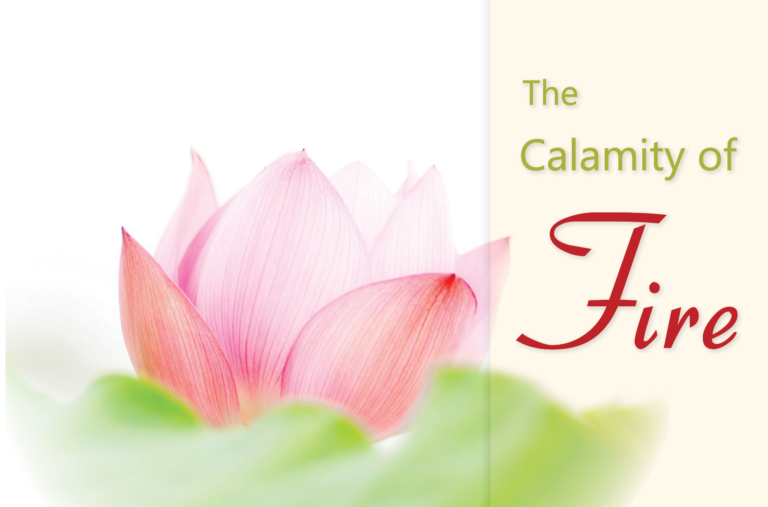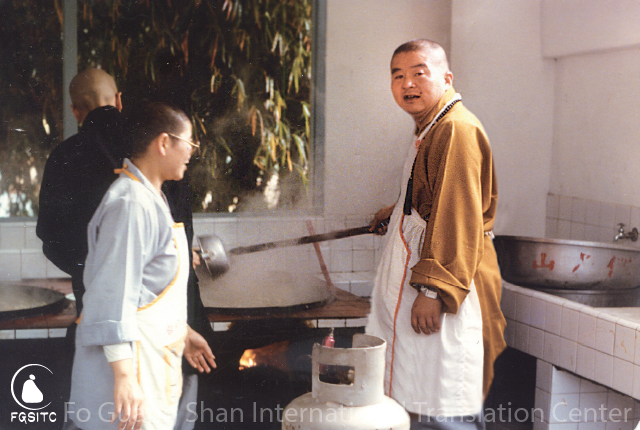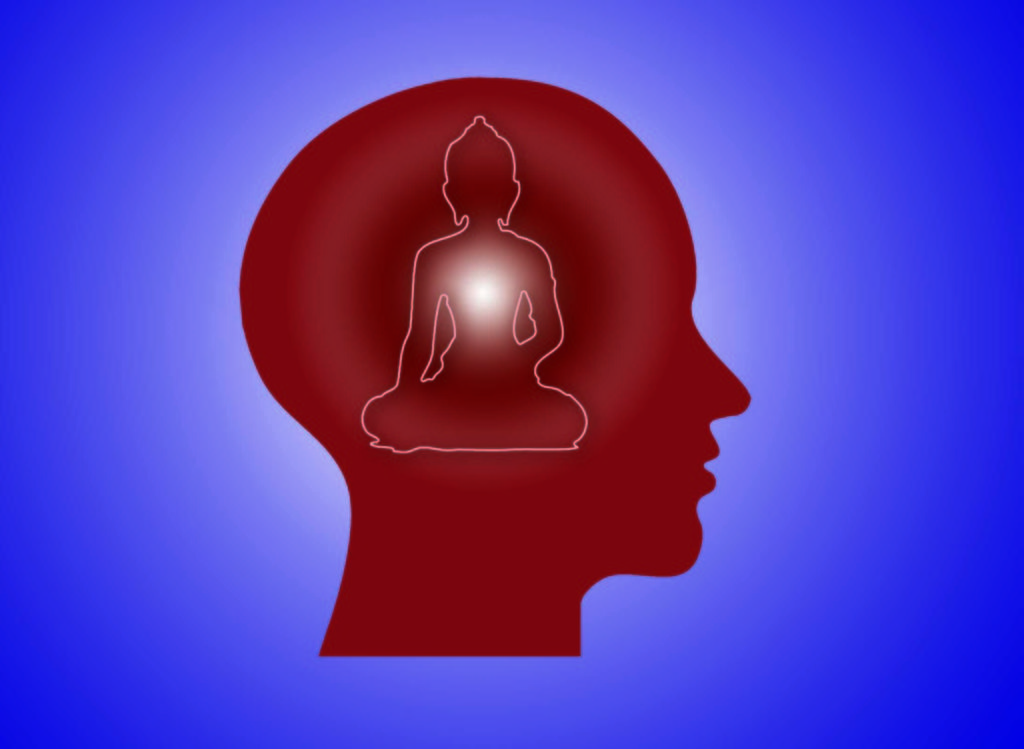
The analysis of the mind in Buddhism is both multifaceted and sophisticated. As a spiritual practice, Buddhism contains numerous descriptions of the nature and function of the mind and instructions on how to search for, abide with, and refine it. In this regard, Buddhist psychology has much to offer, as does Western psychology.
In the beginning, “psychology” referred almost exclusively to “a science that explains the psyche.” Later, it was expanded to “a behavioral science for studying human problems.” This development is consistent with how life and the universe are viewed in Buddhism: “From the mind, all phenomena arise.”
Buddhism interprets everything in the world as the manifestation of our mind.
It investigates and analyzes human problems at the most fundamental level. From this perspective, Buddhism can be considered a fully developed system of psychology.
All the Buddha’s teachings deal with the mind, as shown in the multitude of sutras and sastras. Among them, the psychological understanding taught by the Consciousness-Only (Yogacara) School is the closest counterpart to today’s psychology. The Yogacara texts are used to explain Buddhist psychology.
The Yogacara views that the mind consists of eight consciousnesses, clearly indicating that it is not made of a single element, but instead a complex interaction of factors. These factors are the functions of the six sense organs of the human body (eyes, ears, nose, tongue, body, and mind), plus the consciousness that constantly grasps the “self” (the manas) and the alaya consciousness (the store-consciousness, referred to as the “master of the mind” in Buddhist texts), which collects and stores all karmic seeds of the mind in the ongoing cycle of birth and death of all sentient beings. To a Buddhist, the “self” at this moment reflects everything accumulated from the past. The “self” in the future depends on the actions of the present. That is, “What one receives in this life is what one cultivated in previous lives; what one receives in a future life is what one creates in this life.”
“The Three Realms are a mere manifestation of the mind and so are the myriad dharmas.”
All phenomena in this life and in the universe are nothing but mirror images imprinted on our minds through the eight consciousnesses. The eyes, ears, nose, tongue, body, and mind discriminate and grasp sight, sound, smell, taste, touch, and thought. In accordance with each individual’s capacity for discernment, these images are further processed and recognized as real or unreal and then used to construct what one believes to be “this life and the world.” In reality, all things constantly change in a cycle of formation, abiding, destruction, and emptiness. Our thoughts and ideas also arise, abide, change, and disappear instantaneously in the cycle of birth and death. Where can one find a life or a world that truly exists without change? Everything in the universe can only be found in perceptions and interpretations!
The alaya consciousness is like a large store-house, full of past memories of love, hatred, goodwill, and animosity, which we may no longer recall in this life. It perpetually influences our actions and behaviors in the present and is referred to as ignorance in Buddhism. Because of the karmic influence of this ignorance, we go through the cycle of birth and death. When the unwholesome seeds from the past mature, we become afflicted and are tempted to commit unwholesome deeds, which in turn plant new unwholesome seeds for the future. When the wholesome seeds from the past mature, our hearts are pure and noble, our minds are clear and intelligent, and we again perform wholesome deeds that become new wholesome seeds in the alaya consciousness. In the teachings of the Consciousness-Only School, it is said, “Seeds give rise to actions, then actions turn into new seeds.” The psychological motives of all human behaviors are explained through this model.
Due to the influence of ignorance we carry with us from the past, we are prone to making judgments that result in negative feelings. Reinforced by greed and anger, our minds become confused and form incorrect views about things in the world. However, just as plants require sunshine and rain to blossom and bear fruit, similar conditions are required for the development of human behavior. Although feelings of love, hatred, and positive or negative intentions lie deep in the subconscious of all humans, when these feelings are provoked by the people or things that surround us, we must rely on our true mind and wisdom to avoid committing negative deeds and conduct ourselves virtuously instead.
The development of our true mind and its wisdom relies on the diligent practice of upholding the precepts, developing concentration, and increasing awareness and insight.
This process transforms a deluded mind into the true mind and is described in Buddhism as “converting consciousness into wisdom.” Consciousness carries the psychological baggage of past experiences. The wisdom emitted from the true mind is the therapy or treatment that humans can use to resolve internal conflicts within their minds, to transcend suffering in this lifetime, and to break free from the cycle of birth and death in future lives.
The Consciousness-Only School further classifies the psychological responses of human beings into fifty-one categories and refers to them as “the attributes of the mind.” These include:
1. Five basic psychological functions: mental and physical contact, attention, feeling, identification, and analysis.
2. Five deliberately created mental conditions: aspiration, comprehension, memory, concentration, and wisdom.
3. Eleven wholesome psychological states: trust, diligence, humility, remorse, no greed, no hatred, no ignorance, tranquility, attentiveness, equanimity, and harmlessness.
4. Six root afflictions: greed, hatred, ignorance, arrogance, doubt, and incorrect views.
5. Twenty unwholesome psychological states: anger, hostility, irritation, conceit, deceit, flattery, arrogance, malice, jealousy, stinginess, remorselessness, no regret, no trust, laziness, insensitivity, apathy, agitation, forgetfulness, incorrect perception, and heedlessness.
6. Four neutral states of mind: remorse, sleepiness, applied thought, and sustained thought.
The Buddhist categorization of human psychological responses listed above is rather comprehensive and sophisticated. Today’s psychology researchers have much to gain if they study Buddhism in addition to psychology.
From Buddhism and Psychology, written by Venerable Master Hsing Yun.
Image from Pixabay.


